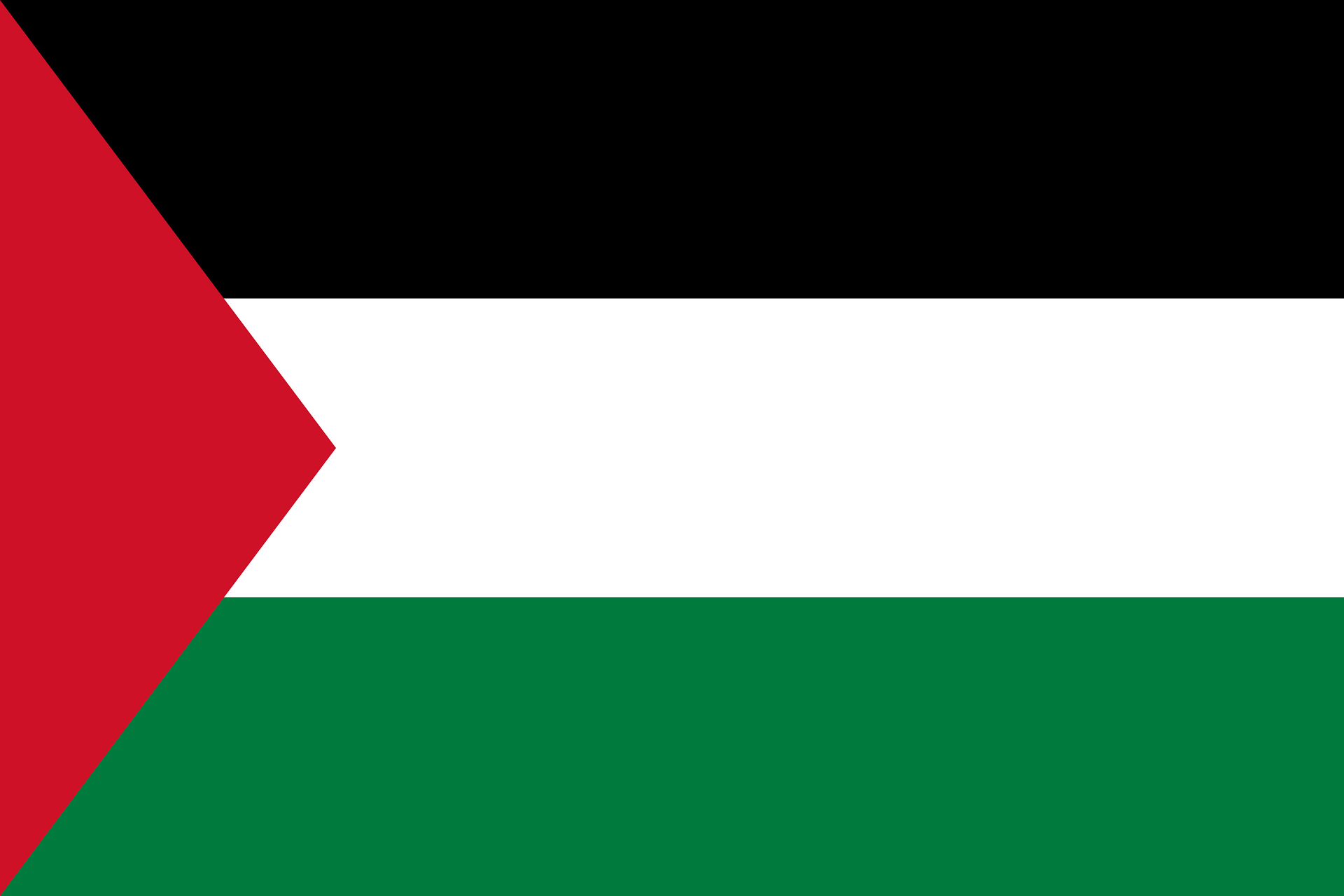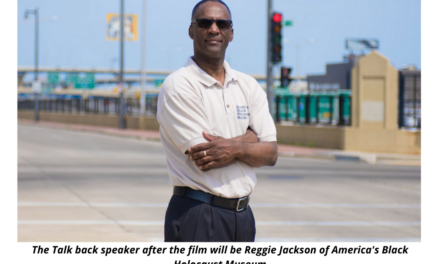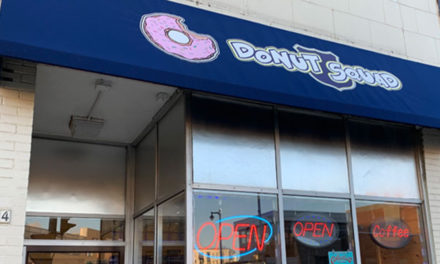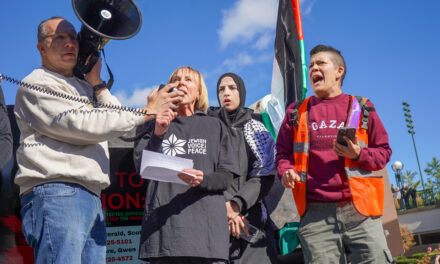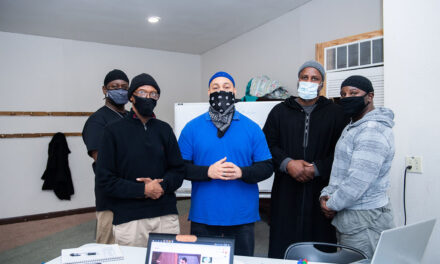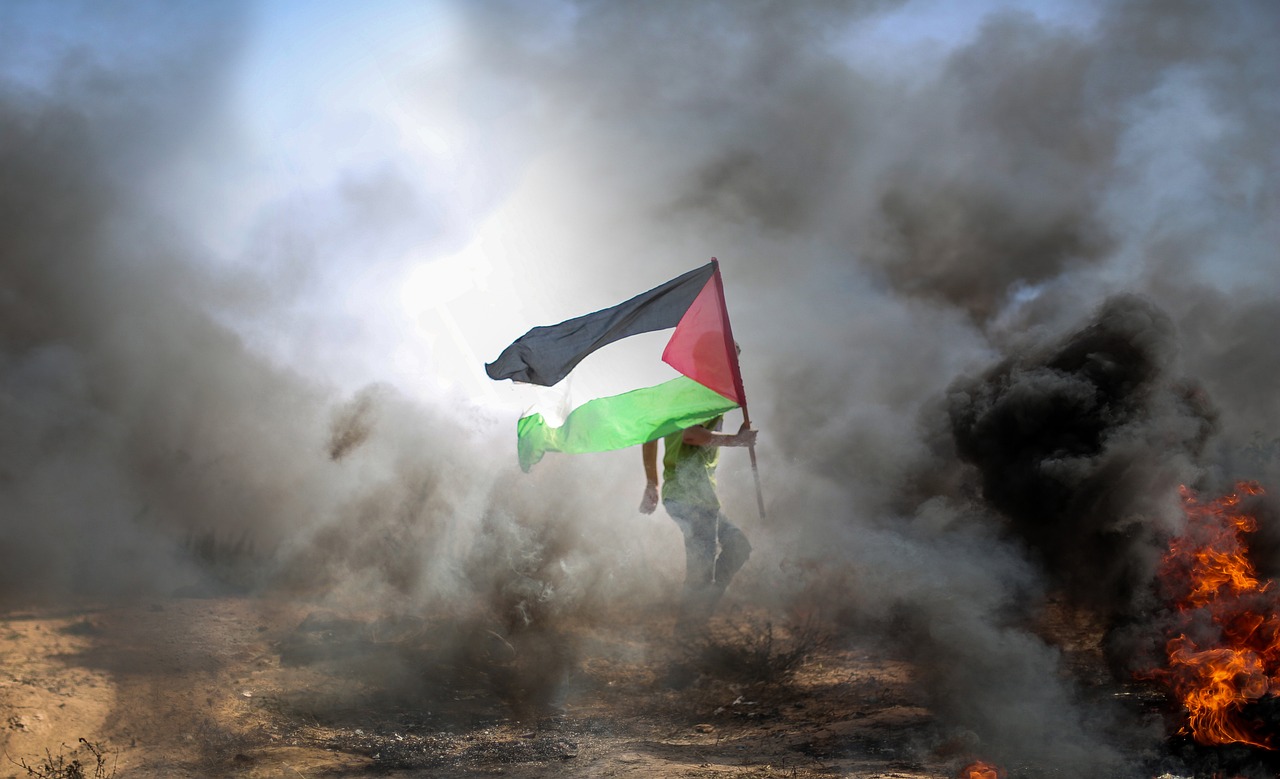
Photos by Hosny Salah
This article is accompanied by photos taken in the Gaza Strip by Hosny Salah, a Palestinian photographer who lives there.
Sources’ names have been changed for the protection of their family members in Gaza. Some fear relatives may be targeted if they speak to the media.
When Yasser, a Palestinian American who lives in Greater Milwaukee, spoke with his sister in Gaza City Sunday, he could “hear continuous bombing in the background.” She lives there with her husband and two daughters, near numerous uncles and aunts, he explained.
What Yasser heard was the beginning of Israeli airstrikes on Gaza in response to Hamas’ surprise attack on Israel Saturday. Hamas fighters broke out of the blockaded Gaza Strip and reached as far as 15 miles into Israel from the Gaza border, taking over at least 22 towns, firing rockets, killing Israelis and seizing civilians and soldiers, according to multiple news reports.
Israel’s Prime Minister Benjamin Netanyahu promptly declared war and promised the Israeli military would take revenge. He warned Israel will turn “into ruins” the places where Hamas operates, and told residents of Gaza to “get out of there now” – although they have no way to leave, noted Boston College history professor Heather Cox Richardson, Ph.D., author of Letters from an American, a newsletter about the history behind current events. The approximately 2 million Palestinians who live in Gaza are “largely unable to leave because of the extensive restrictions Israel has imposed,” she wrote in her Oct. 7 newsletter.
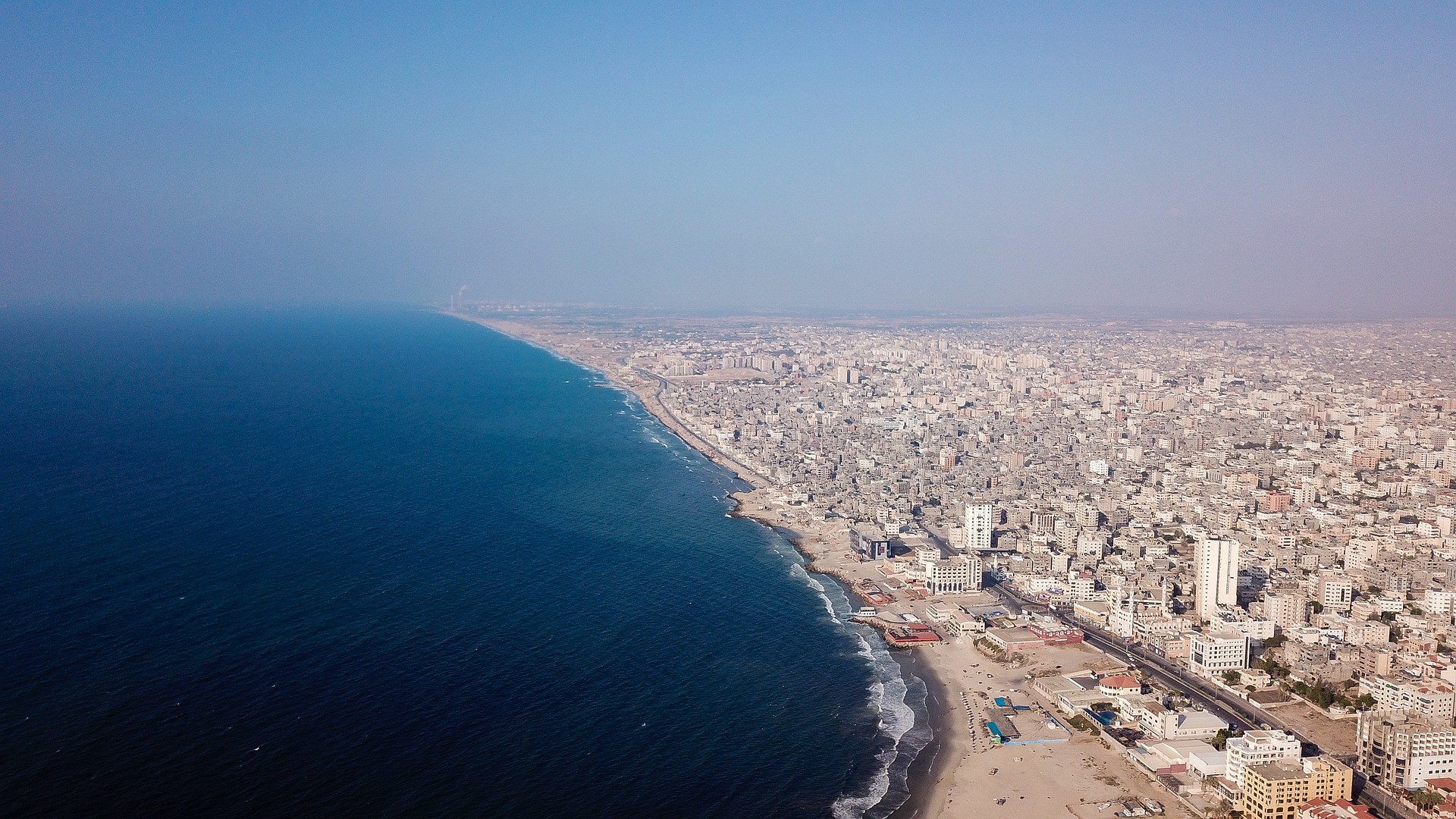
Meanwhile, the conditions are becoming intolerable, Yasser’s sister told him. The electricity had been cut off and “they just announced they are not going to even let water inside.”
Since Sunday, “Israel hammered the besieged region with air strikes and artillery,” PBS reported. “An Israeli ground invasion of Gaza is widely expected to commence in the coming hours and days,” its report stated yesterday.
On Monday, Israeli authorities announced a “complete siege” on Gaza, saying electricity, food, fuel and water would be cut off. The BBC reported the “Gaza Strip could be on the brink of a humanitarian disaster.”
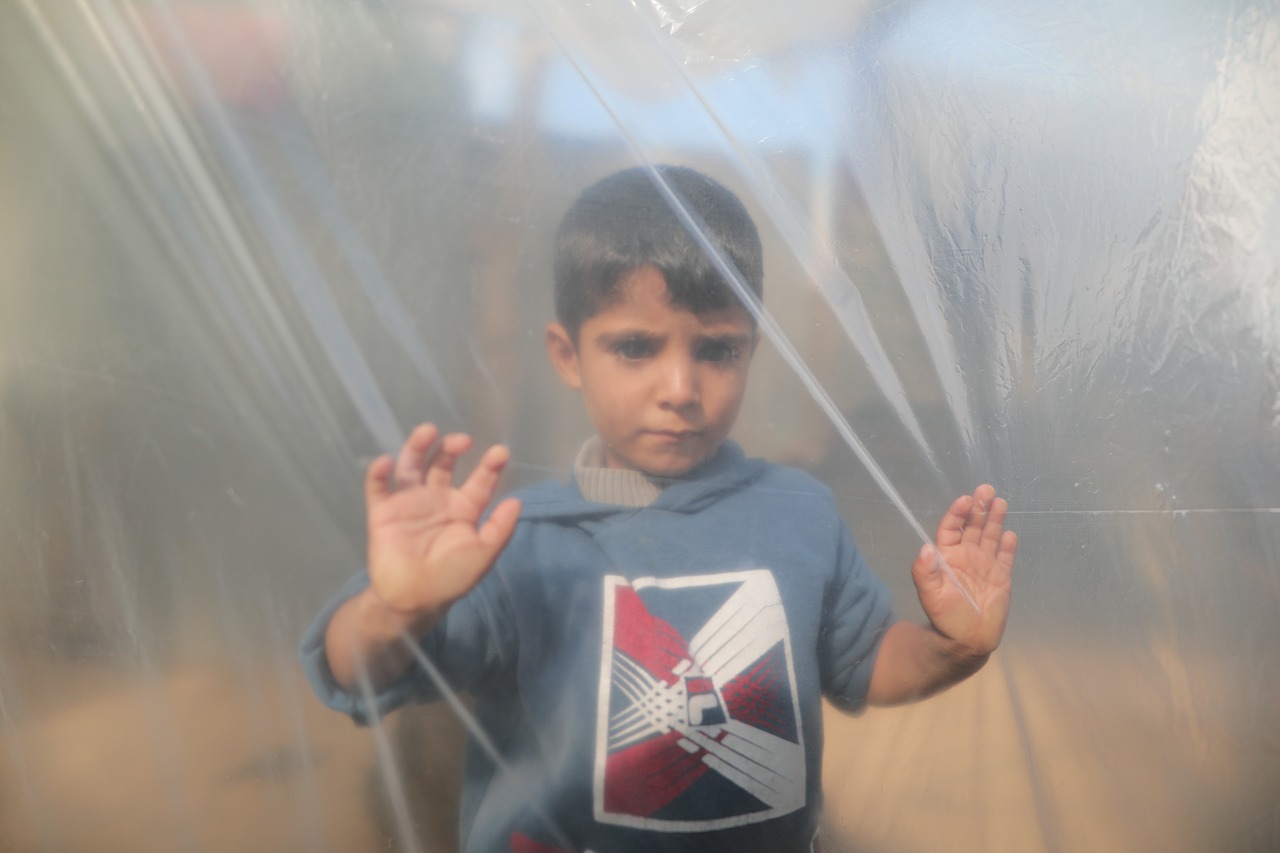
Three Wisconsin residents with family members in Gaza spoke with the Wisconsin Muslim Journal. They said they are fearful for family members still in Gaza, who have no way to leave. They spoke with some of them in the past few days but expect not to be able to reach them soon. Israel may stop Internet access in Gaza, they heard, and electricity is already cut.
Here are the highlights from those conversations.
A sister in peril
“Can you go to Egypt?” Yasser asked his sister.
“No, they already blocked all the borders,” she said.
“I’m stressed,” Yasser said. “I’m going to work but I’m always using my phone, the whole day, just checking the news every minute.
“Did you hear about Ahmad’s sister?” he asked. “She was in Jabaliya at the market with her daughter-in-law when she was killed by an Israeli airstrike. They bombed it with an F-16 and she died right there. Her daughter-in-law is in the hospital.”
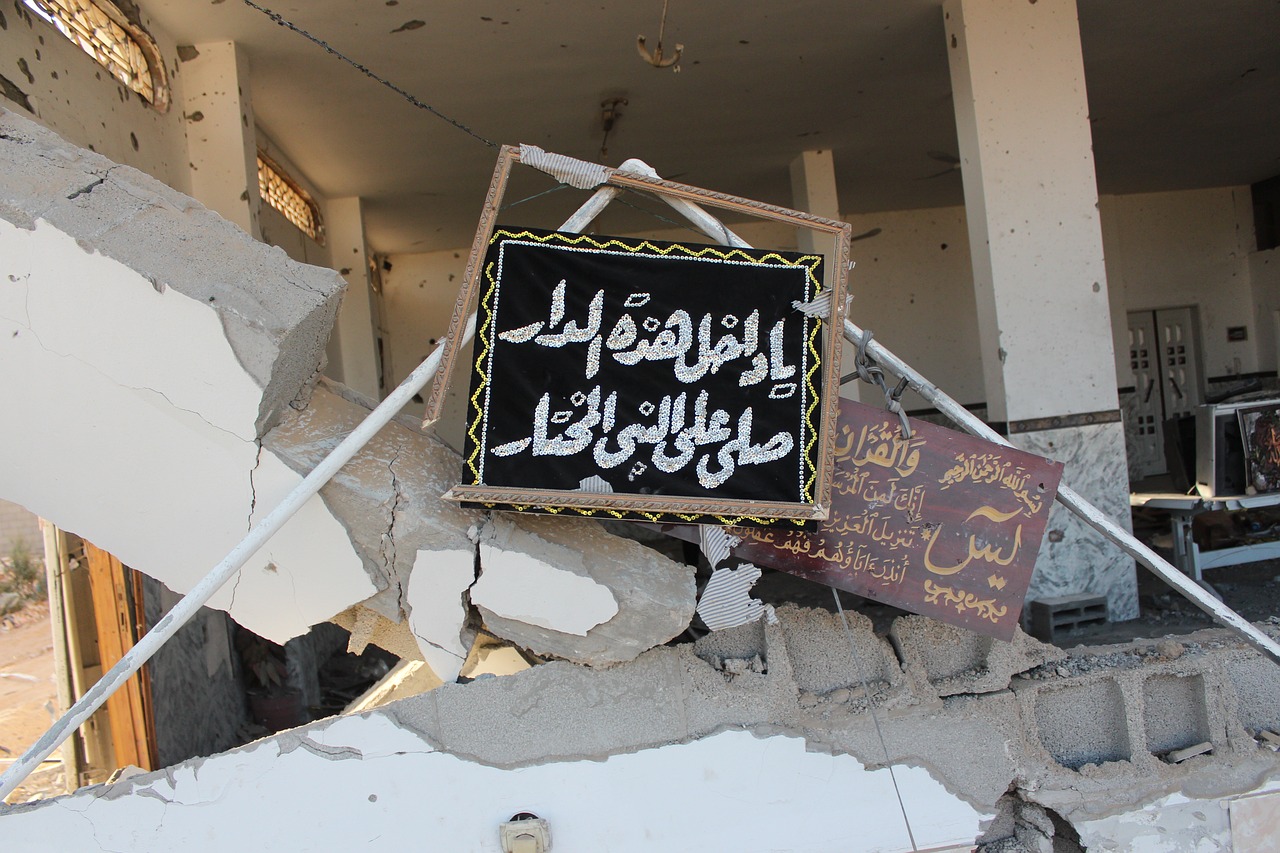
Yasser’s sister told him she receives notifications on her cell phone telling them to evacuate this area or that. “It means a bombing is coming,” he said. “But where do they go? The whole Gaza Strip is a small area. One time I looked it up and saw it is significantly smaller than Milwaukee County.
“If they are lucky enough to have relatives in another area, they go by them. If not, they go to U.N. schools because they are told the U.N. schools are safe. But that’s not historically true.
“In the past, people went to mosques for safety. But in the last 48 hours, the Israeli military has bombed seven of them. There’s really no safe place to go.”
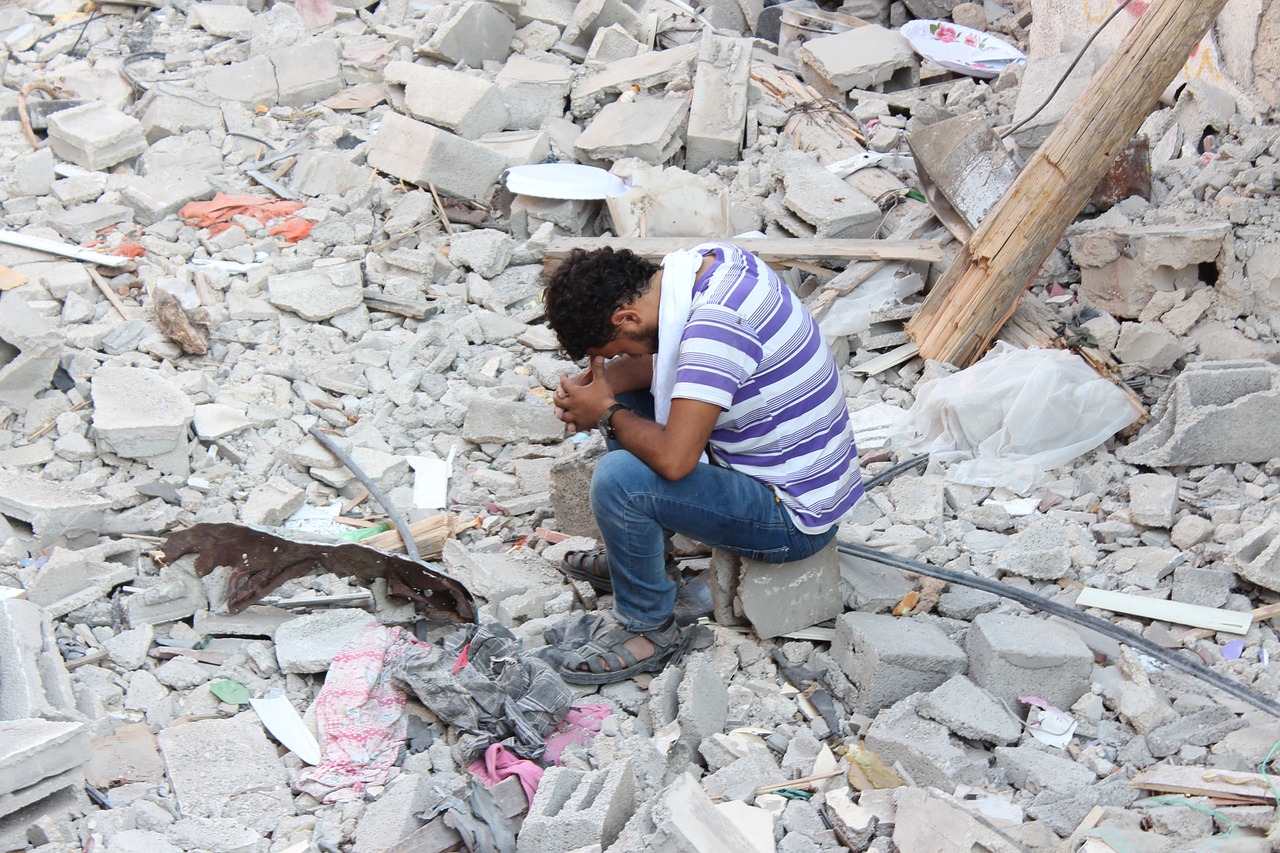
It’s hard to be here and not know if they’re ok
Tarek moved to Wisconsin from Gaza recently and is studying at a university here. He heard Sunday that he lost a close friend during the first day of Israel’s strikes on Gaza.
“We grew up together, going to the same mosque,” he said. “We were always together. I never expected this to happen.” He paused. “I actually lost another friend to the Israelis in 2020.”
All his friends are there, he said. “I just keep opening social media to check on them.” He doesn’t know what he will do if Internet access is cut.
“Imagine what it is like to be there, knowing you can die at any time. They hear from people that they must leave their homes or they will be buried in them. But if they leave, where should they go? And will they get shot on the way? So, they decide it is better to stay home.
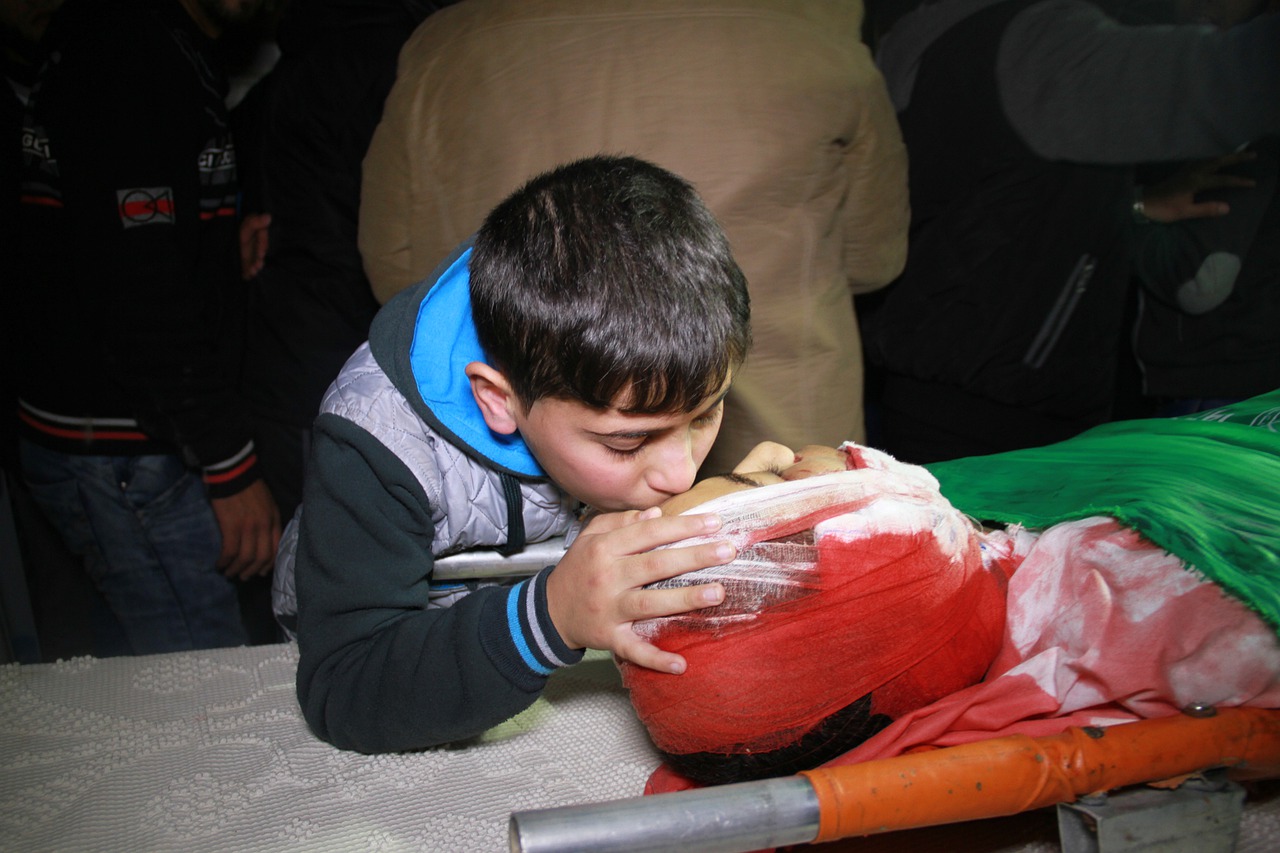
“I’ve been through these situations before. So has everyone who grew up in Gaza. Once my school was damaged. Even my grandma’s home.
“She lived by herself in an apartment right in front of ours. We practically lived together. One day, because of war, we told her to come over to our home to sleep. ‘That way, if we die, we die together,’ we told her. She said ok and spent the night with us. The next morning, we saw that during the night her apartment was destroyed.
“Sometimes houses are destroyed with no warning and the material is so heavy, if you are in it, you’ll probably die,” he added.
Tarek’s parents and siblings are in the U.S. but his grandmother, uncles and aunts are all in Gaza. “And the rest of my friends are there,” he added. “Some of them are lost. I mean we don’t know where they are and if they are still alive.
“I worry about my grandmother a lot. It’s so hard to be here and not know about anything. It’s so hard to be here and not know how people are doing.”
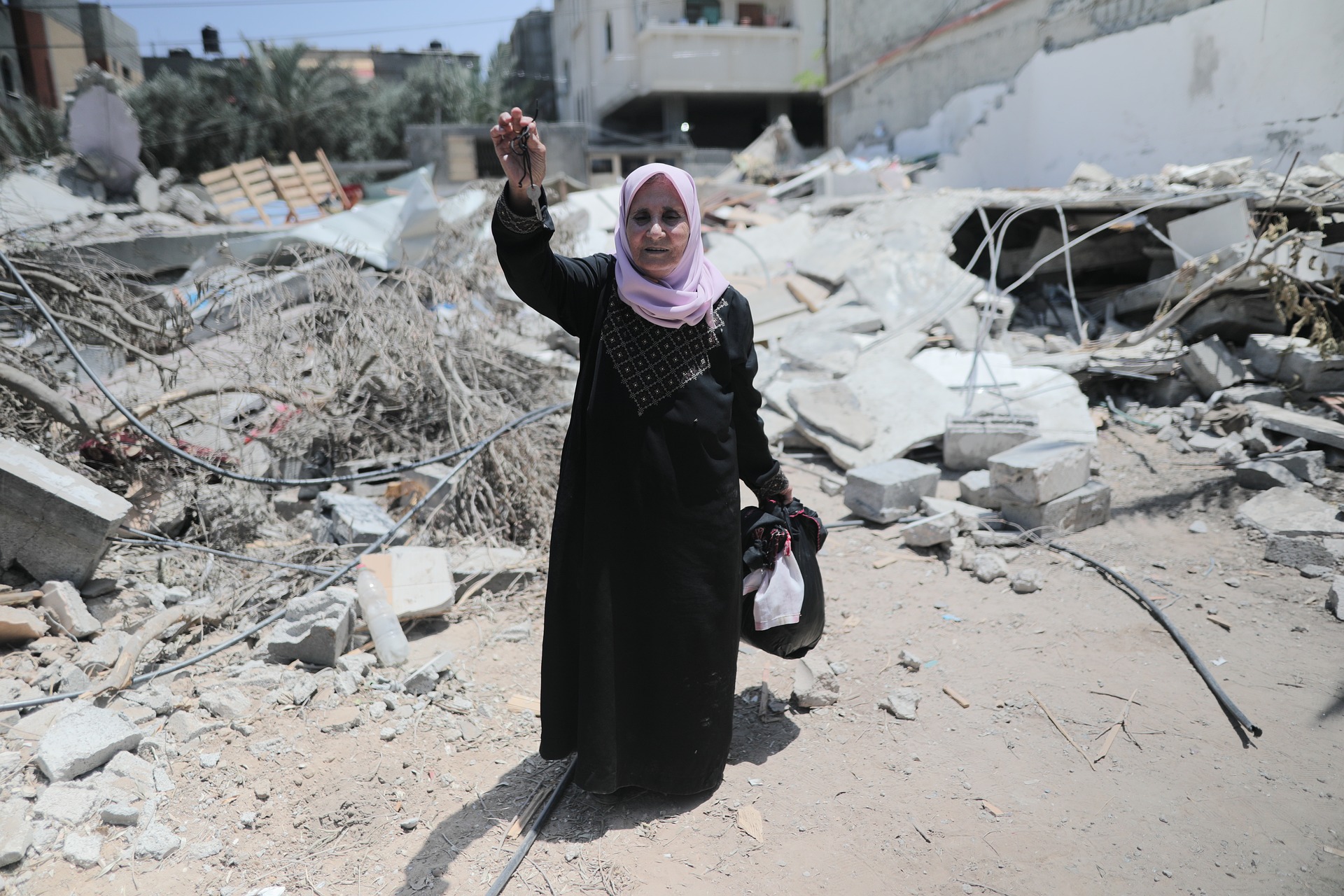
Worried about his big family
Mahmoud told WMJ he has a “huge family” in Gaza, somewhere between 2,000 and 3,000 people, he said. “Aunts, uncles, my sister, nieces, nephews and cousins all over the place.”
He was born in Gaza and lived there until he immigrated with his parents to Wisconsin.
“On day one, I lost my cousin. He was a teacher for the United Nations’ schools. A young man in his thirties. I’m sorry he is gone, but this is life.”
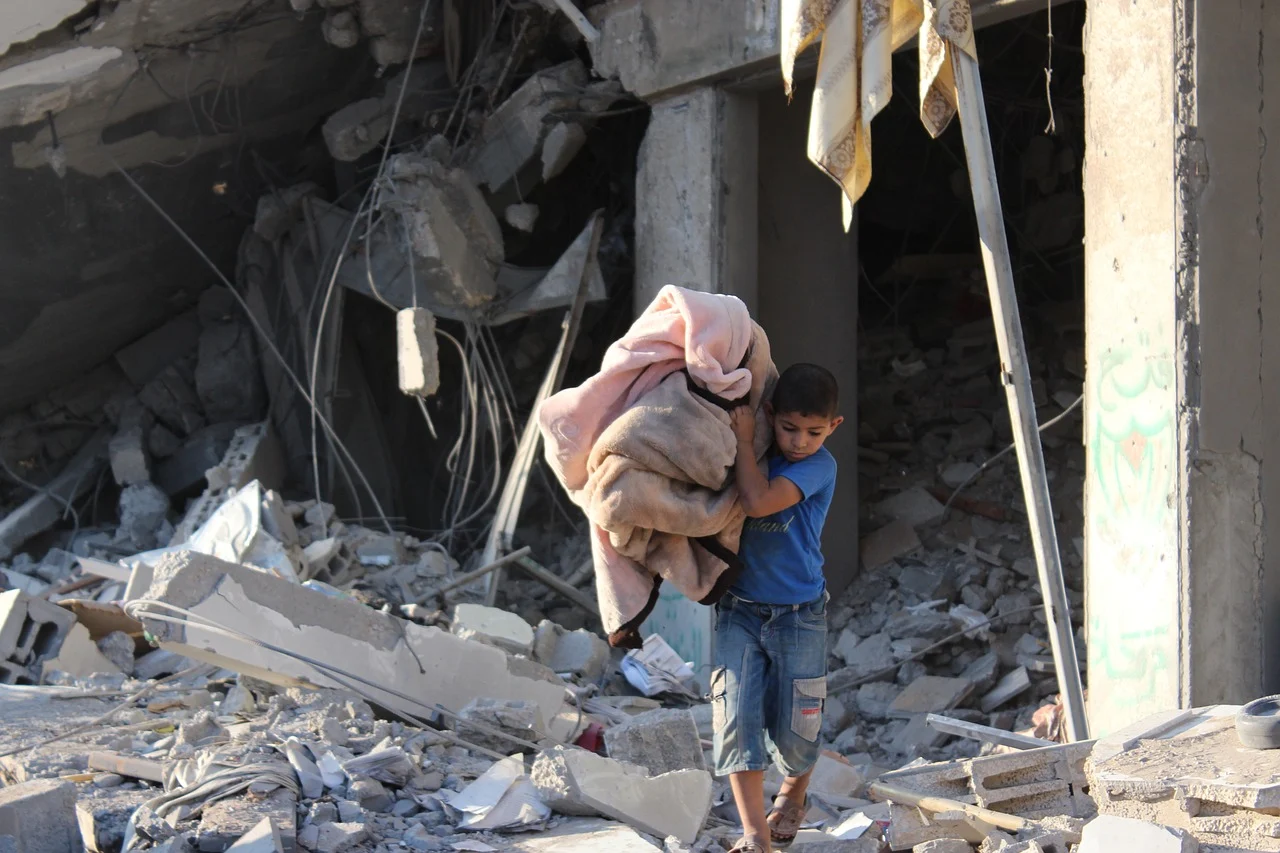
Although this cousin was born after Mahmoud already lived in the U.S. (and he has never been back to Gaza), they got to know each other by talking on the phone over the years. “He was a writer, a teacher, an activist and a volunteer, the head of an organization that helps orphans and people in need.”
With so many relatives in Gaza, Mahmoud is worried. “We are always worried about the situation there since it is unjust, unfair and inhumane.”
He called several cousins, his nephews and sister, his uncles and aunts. “As far as we know, we have had at least one person in the family die on Day One. And we have many people suffering.
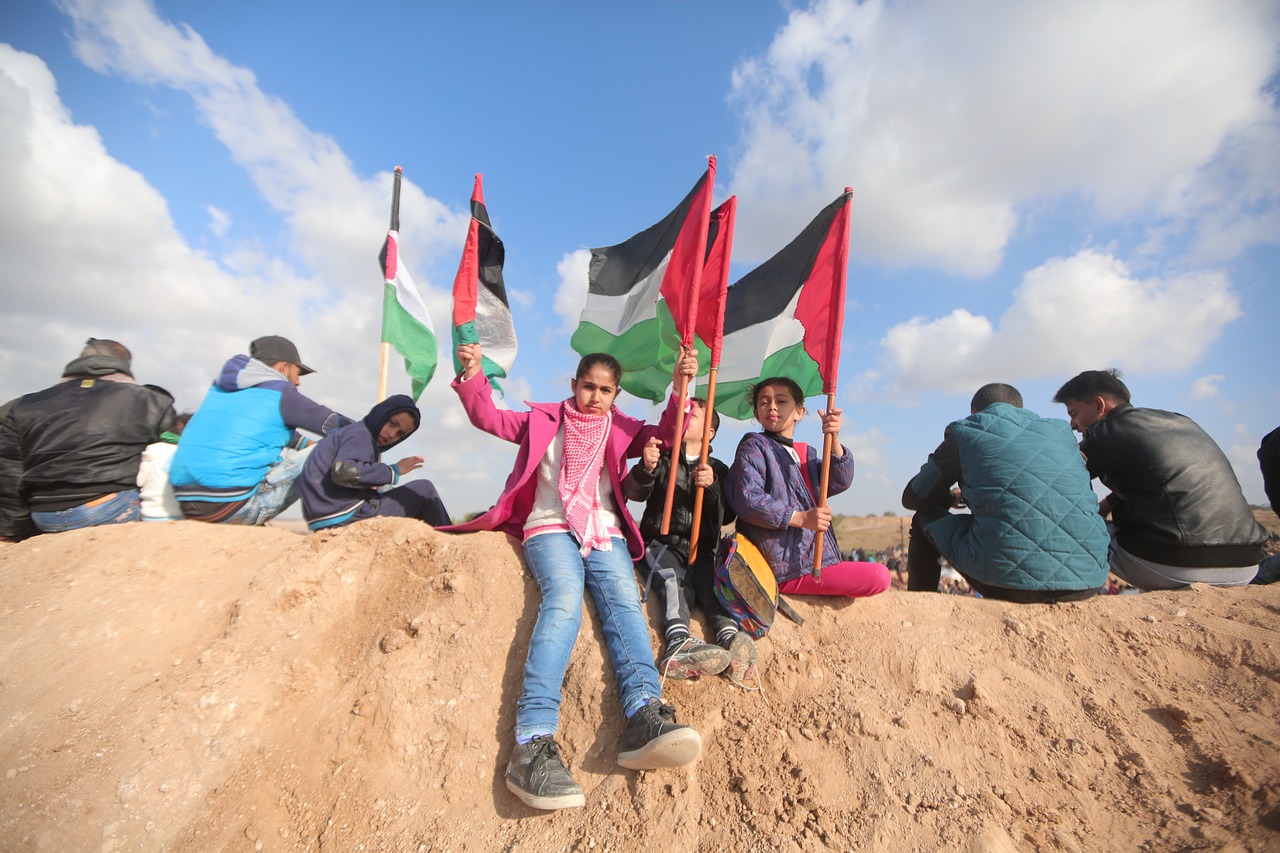
“My cousin told me they left their houses to seek safety at United Nations schools. They are afraid their houses will be hit randomly.
“Imagine thousands of people crowded in classrooms that are not set up to accommodate them,” he added. “It must be very uncomfortable.
“On top of that is the fear that Israel may attack at any time. In the past, even schools and mosques have been targets.”
